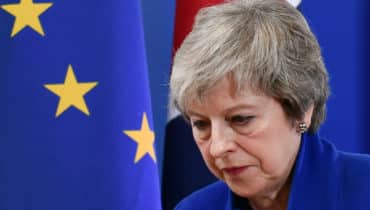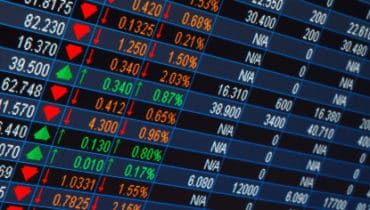The countries of Central, Eastern and Southeastern Europe are among the most important economic growth markets for Europe. How are the prospects for next year?
THIS AUTHOR'S POSTS
Continuing struggle for stable oil prices
Current situation on the oil market – in the previous week oil prices have been rising for four months.
There is currently a surge but how is the struggle for stable oil prices going? Interested ? Read on here.

Trade dispute escalation averted for now
US President Trump postponed the deadline for new tariffs on imports from China. The key question is: Will there be an early resolution of the trade dispute between the US and China?

Brexit: The Final Countdown
Another Brexit defeat for Theresa May: How are things developing now? On February 27th the question arises: “May-Deal” or “No Deal”?

World Economic Forum Davos 2019: about economic downturn and trade war
In view of a trade war, the Brexit and the threat of an economic downturn, the World Economic Forum meeting this year was dominated by calls for increased international cooperation. Read here what Lagarde and Merkel had to say.
New year gains for stock markets as hopes for end of trade dispute increase
As hopes for an end to the trade war between the US and China increase, the stock markets reflected the sentiment with gains at the outset of the new year. Find out more in the new blog entry.
Stock markets in 2018 – market activity dominated by politics and volatility
2018 was a year of politics in the stock markets. Find out which three major topics dominated the international market activities in the current year.

Brexit agreement ahead of vote in British Parliament
The “divorce agreement” of the British with the EU stands. At the highly anticipated EU Special Summit on Sunday, Britain and the EU agreed on their post-Brexit relations at the end of March 2019. Now only the vote in the British House of Commons is missing. It’s getting tight.

US Congressional election results
The outcome of the US Congressional election on Tuesday has caused some relief in the international financial markets. Read more about it in our blog.
Mixed feelings on the US stock exchanges
After a good start to the US reporting season, the tide on the US stock exchanges turned last week. Find out more in our new blog.



